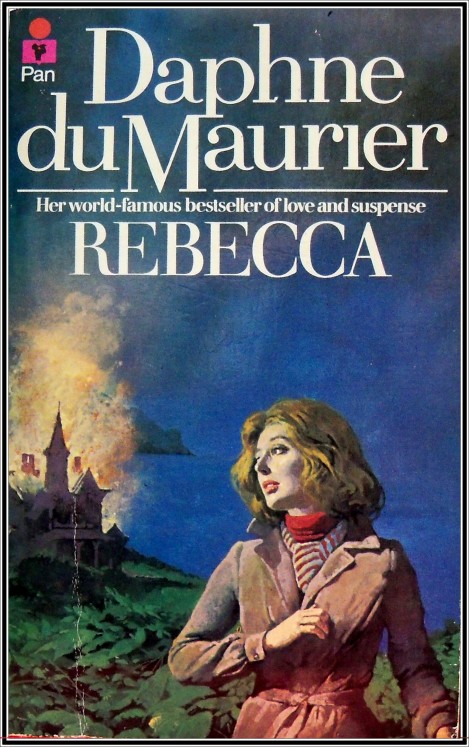Bluestockings tells the story of the first women to go to University in the UK, of their fight for that right, of the prejudices they faced, of the friendship an support that allowed them to succeed, of how they lived, what they learnt, and what they came to contribute to society. It is easy for us to take education for granted (forgetting that, in so many places in the world, it is still denied to both women and men), which is why it is so important to remember, through books like this one, that we owe our freedom to the sacrifices of the ones who came before us.
The women of whom this book speaks are inspiring true heroines who were driven by love of knowledge in a hostile world where they were, due to gender, considered unable to learn - in fact, pretty much unable to do anything but have children and take care of the house. The arguments used against them are both laughable and outraging: women's brains are lighter than men's; studying would make them infertile or hysterical or promiscuous... they proved them wrong by their extraordinary results and, later on, by the high participation and success of women in most areas.
However, this fight - which started in the 18th century but only gained momentum in the second half of the 19th century - was not a loud one. There were moments of resistance to these revolutionary women's ideas, most notably the 1897 riot of Cambridge students against the idea of awarding degrees to women (which, incredibly, Cambridge only did in 1948), but in general these women were quiet and very well-behaved. This strategy allowed them to prove that higher education for women has excellent results, thus silencing opposition and strengthening their cause. Soon enough, girls from all social classes were going to University, experiencing some measure of independence, expanding their minds, and forming strong friendships. The quaint, old-fashioned and rather sweet descriptions of their daily lives and the anecdotes related are great fun to read about.
Of course, not everything was perfect: there were women who did not adapt at all, others who faced conflicts with their families or economic hardship (and it is touching to read about how they helped each other), and all had a very restricted form of freedom. For example, if they wanted to go anywhere, they had to take a chaperon; for a man to go into a woman's bedroom, the bed had to be removed first and the door kept open (even if it was a family member). Initially, upon leaving University, they either married and had children or became teachers but, by 1939, women were starting to go into every career, inspired by the generations before them. Change is portrayed as a wave that keeps gaining momentum as it moves forward.
The evolution in the part women play in society has been extraordinary - which is why the book is written in the sunny tonality of winners - but we must not forget that there are still many challenges ahead in the struggle for an egalitarian society in which feminism plays an important role. This book does not cover those general changes: its scope is narrower, which allows the author to focus on individual lives, thus re-constructing in delightful detail the way of life of young 'undergraduettes' in British Universities during the late 19th/early 20th centuries (until 1939). The text is so fluid, the stories so touching and amusing, that the pages fly by; and the respect for education and for these extraordinary women is clear throughout.
Warm, funny, important - all in all, a delightful book!


















